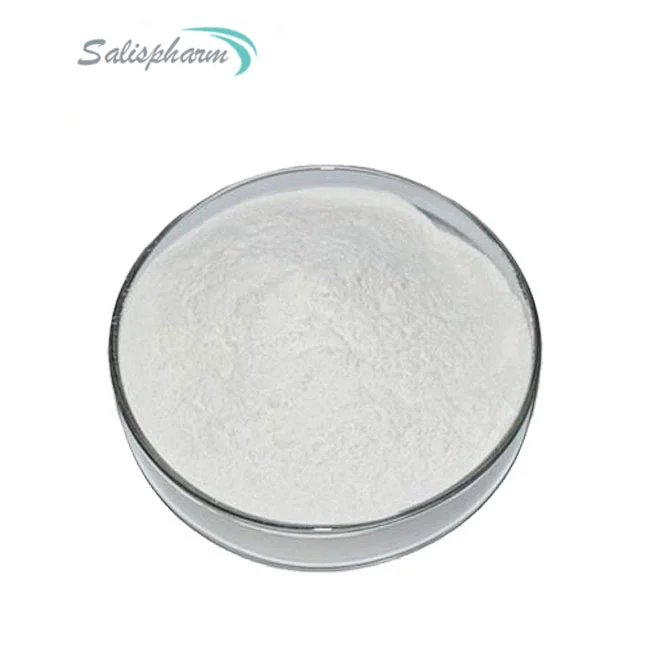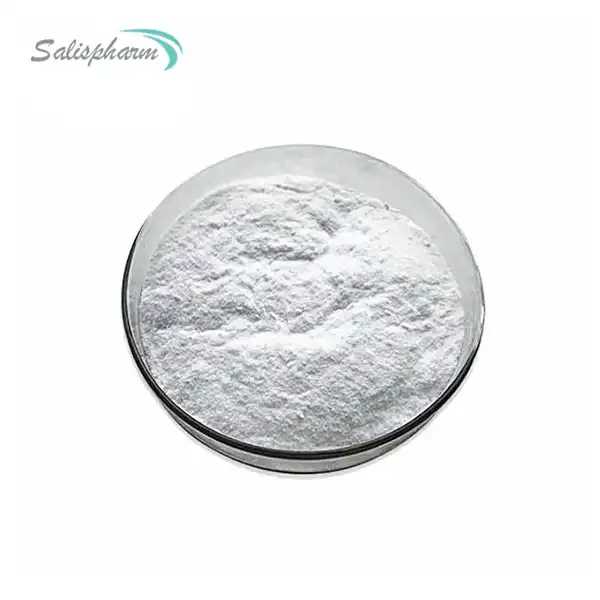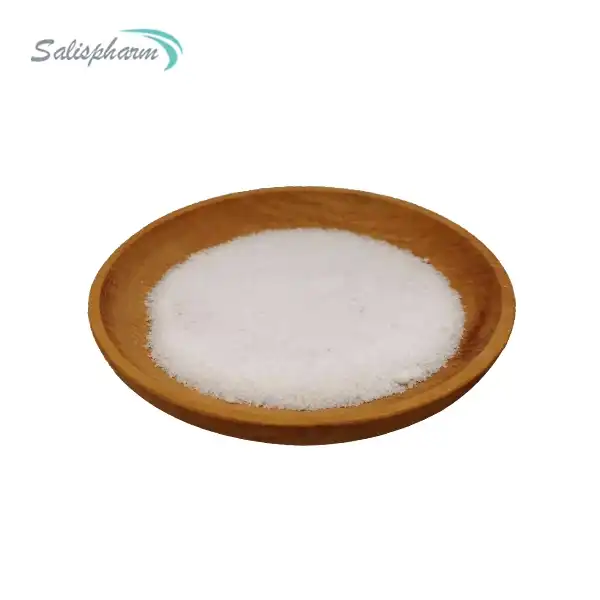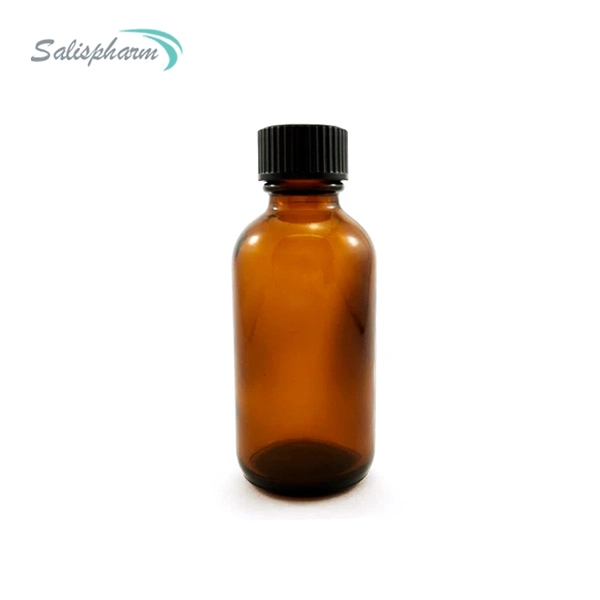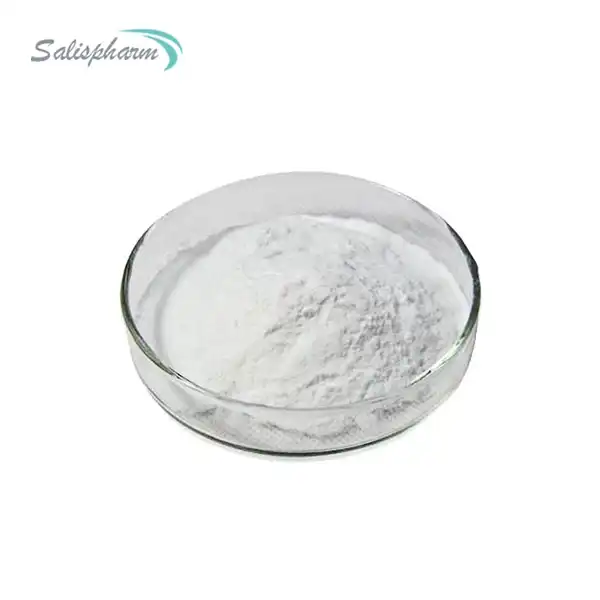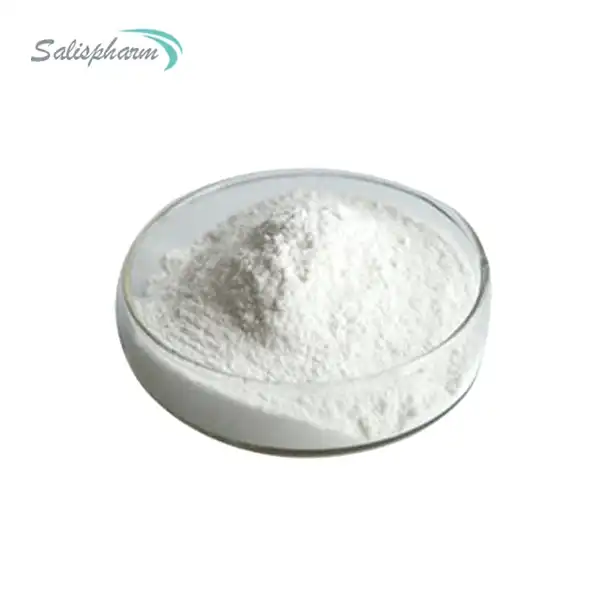Colchicine powder, derived from the autumn crocus plant, has been used for centuries to treat various medical conditions, most notably gout. However, its potential impact on fertility has raised concerns among patients and healthcare providers alike. This blog post explores the relationship between colchicine powder and fertility, addressing common questions and providing insights based on current scientific understanding.
Does colchicine cause permanent infertility?
Colchicine's effect on fertility is a topic of significant interest and concern for many patients prescribed this medication. While colchicine has been associated with temporary fertility issues, the question of permanent infertility is more complex and requires a nuanced examination of available research.
Studies have shown that colchicine can indeed affect fertility, particularly in men. The medication interferes with cell division, which is crucial for the production of sperm. This interference can lead to a temporary decrease in sperm count and motility. However, it's important to note that these effects are generally reversible once the medication is discontinued.
In most cases, fertility returns to normal within a few months after stopping colchicine treatment. A study published in the Journal of Rheumatology found that men who had been taking Colchicine Powder for gout experienced improvements in their sperm parameters within three to twelve months after ceasing the medication.
For women, the effects of colchicine on fertility are less well-documented. Some animal studies have suggested that high doses of colchicine might interfere with ovulation or early embryo development. However, human studies have not consistently demonstrated significant long-term impacts on female fertility.
It's crucial to emphasize that while colchicine can cause temporary fertility issues, there is limited evidence to suggest that it causes permanent infertility in either men or women when used at prescribed therapeutic doses. Nonetheless, patients who are trying to conceive or planning to do so in the near future should discuss their colchicine use with their healthcare provider to weigh the potential risks and benefits.
Can colchicine affect pregnancy?
The potential impact of colchicine on pregnancy is a critical consideration for women of childbearing age who are prescribed this medication. Understanding how Colchicine Powder might affect pregnancy is essential for both patients and healthcare providers in making informed decisions about treatment options.
Colchicine crosses the placental barrier, meaning it can reach the developing fetus during pregnancy. This has led to concerns about its potential effects on fetal development and pregnancy outcomes. However, the available evidence suggests that the risks associated with colchicine use during pregnancy may be lower than initially feared.
Several studies have examined the outcomes of pregnancies in women who have taken colchicine. A large-scale study published in the Arthritis Research & Therapy journal followed 238 women with familial Mediterranean fever (FMF) who used colchicine during pregnancy. The study found no significant increase in the rate of major congenital malformations compared to the general population.
Moreover, for women with certain conditions like FMF, the benefits of continuing colchicine during pregnancy may outweigh the potential risks. Uncontrolled FMF during pregnancy has been associated with adverse outcomes, including miscarriage and preterm delivery. In these cases, colchicine may help maintain maternal health and improve pregnancy outcomes.
However, it's important to note that while the risk appears to be low, it is not zero. Some animal studies have shown that very high doses of colchicine can cause birth defects. Therefore, the use of colchicine during pregnancy should always be carefully considered and monitored by a healthcare professional.
Women who become pregnant while taking colchicine or who need to start colchicine treatment during pregnancy should have a thorough discussion with their healthcare provider. The decision to use colchicine during pregnancy should be based on a careful assessment of the individual's medical condition, the potential benefits of treatment, and the possible risks to the developing fetus.
It's also worth noting that some healthcare providers may recommend discontinuing colchicine before planned pregnancies and during the first trimester when major organ development occurs. However, this decision should be made on a case-by-case basis, considering the woman's underlying condition and overall health status.
How long after taking colchicine can I get pregnant?
For individuals or couples planning to conceive, understanding how long to wait after taking Colchicine Powder before attempting pregnancy is a crucial consideration. The appropriate waiting period can depend on several factors, including the duration and dosage of colchicine treatment, individual health conditions, and specific medical advice.
Generally, healthcare providers often recommend waiting for at least three to six months after discontinuing colchicine before trying to conceive. This waiting period allows time for the medication to clear from the system and for any potential effects on reproductive cells to resolve.
For men, this waiting period is particularly important due to the effect of colchicine on sperm production. As mentioned earlier, colchicine can temporarily decrease sperm count and motility. The process of spermatogenesis (sperm production) takes approximately 74 days, so allowing several months after stopping colchicine gives the body time to produce new, healthy sperm.
A study published in the Fertility and Sterility journal found that men who had been taking colchicine for gout showed significant improvements in sperm parameters within three months of discontinuing the medication. By six months, most participants had returned to normal sperm production levels.
For women, the recommended waiting period might be shorter, as the effects of colchicine on female fertility are less pronounced. However, many healthcare providers still advise waiting at least three months after stopping colchicine before attempting to conceive. This precautionary measure ensures that any residual medication has cleared from the system and allows time for the menstrual cycle to normalize if it has been affected.
It's important to note that these are general guidelines, and the specific waiting period can vary depending on individual circumstances. Factors that might influence the recommended waiting time include:
1. The underlying condition being treated with colchicine
2. The dosage and duration of colchicine treatment
3. Individual health status and any co-existing medical conditions
4. Age and overall fertility status
Patients should always consult with their healthcare provider before making decisions about discontinuing medication or trying to conceive. A healthcare professional can provide personalized advice based on the individual's specific medical history and current health status.
Additionally, it's crucial to consider that abruptly stopping colchicine treatment can lead to flare-ups of the condition being treated, such as gout or FMF. Therefore, the decision to discontinue colchicine should be made in conjunction with a healthcare provider, who can help develop a plan to manage the underlying condition while preparing for pregnancy.
For couples struggling with fertility issues, it may be beneficial to consult with a fertility specialist. These experts can provide more detailed assessments of fertility status and offer guidance on optimizing chances of conception after colchicine treatment.
In conclusion, while colchicine powder can have temporary effects on fertility, these impacts are generally reversible. The medication's influence on pregnancy appears to be less severe than once thought, but caution is still advised. For those planning to conceive, a waiting period after discontinuing colchicine is recommended, with the exact duration best determined in consultation with a healthcare provider. As with any medical decision, the use of colchicine in the context of fertility and pregnancy should be approached with careful consideration of individual circumstances and expert medical guidance.
If you are also interested in this product and want to know more product details, or want to know about other related products, please feel free to contact iceyqiang@aliyun.com.
References:
1. Ben-Chetrit, E., et al. (2010). "Pregnancy outcomes in women with familial Mediterranean fever receiving colchicine: Is amniocentesis justified?" Arthritis Care & Research, 62(2), 143-148.
2. Indraratna, P. L., et al. (2018). "Systematic review of the adverse effects of long-term colchicine use." Drugs, 78(14), 1515-1525.
3. Merlin, H. E. (1972). "Azoospermia caused by colchicine—a case report." Fertility and Sterility, 23(3), 180-181.
4. Kastner, D. L. (2003). "Hereditary periodic fever syndromes." Hematology/Oncology Clinics, 17(5), 1293-1315.
5. Ehrenfeld, M., et al. (1987). "Fertility and obstetric history in patients with familial Mediterranean fever on long-term colchicine therapy." British Journal of Obstetrics and Gynaecology, 94(12), 1186-1191.
6. Zemer, D., et al. (1974). "Colchicine in the prevention and treatment of the amyloidosis of familial Mediterranean fever." New England Journal of Medicine, 291(19), 932-934.
7. Cocco, G., et al. (2010). "Colchicine in clinical medicine. A guide for internists." European Journal of Internal Medicine, 21(6), 503-508.
8. Finkelstein, Y., et al. (2010). "Colchicine poisoning: the dark side of an ancient drug." Clinical Toxicology, 48(5), 407-414.
9. Terkeltaub, R. A. (2009). "Colchicine update: 2008." Seminars in Arthritis and Rheumatism, 38(6), 411-419.
10. Cerquaglia, C., et al. (2013). "Colchicine treatment in pregnancy for familial Mediterranean fever: case reports and literature review." Clinical and Experimental Rheumatology, 31(3 Suppl 77), 153-156.



